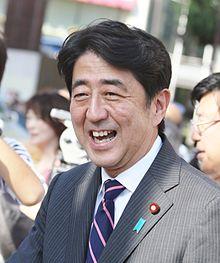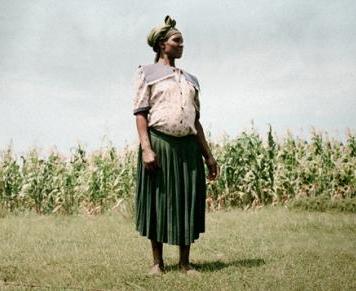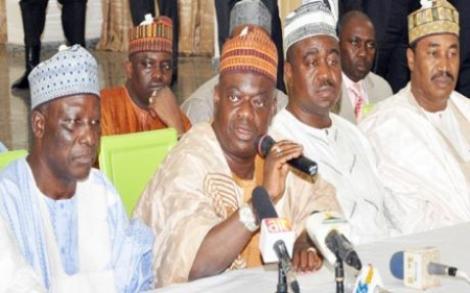Japan raises its game in Africa – By Magnus Taylor

The fifth Tokyo International Conference on African Development (TICAD) has just taken place in Japan hosting an array of African Heads of State, international development agencies, the Chairperson of UN and the AU. The Japanese International Cooperation Agency (JICA) held an event last week to tell us about it.
JICA briefings are normally events most notable for the lunch – a consistently excellent array of sushi, teriyaki and noodles – there is a temptation to arrive half way through the presentation, applaud politely and then tuck in. However, on this occasion, that would have been a mistake – Japanese interaction with Africa seems to be changing. Or, to put it another way, they have substantially raised their game.
Japan’s relationship with African countries has previously been very “˜soft’ – based largely on development assistance – worthy, but to be honest, boring. This will, it seems, continue, but under the new mantra of “˜Abenomics’ (the economic doctrine of Prime Minister Abe) interaction with the continent will focus more on what benefit Japan can accrue from its investments.
So, whilst attendees at the JICA lunch would be familiar with pronouncements on projects such as the ABE initiative (African Business Education) what was less familiar was analysis that Japan is keen to develop African human resources in order to help it develop its own industries in the continent.
Most notably this will focus on the energy sector – Japan is very interested in developing, and presumably reaping the energy benefits of, for example, Mozambique’s huge new natural gas finds. Tanzania and Angola were also listed as countries of interest in this regard.
Additionally, Japan may want to move some of its domestic productive capacity to “˜Greenfield’ sites within Africa. Information was a little sketchy on what this might consist of, but perhaps parts of the pharmaceutical industry might be relocated to countries such as South Africa, with existing capacity.
Although not completely ignored, the elephant in the room in these discussions is China. One question might be to what extent Japan’s attempt to assert itself in Africa is part of a bigger strategic battle between the two Asian powers. An example of this is the part Japan has played in anti-piracy operations in the Gulf of Aden. This only seemed to become a reality when China started to play its own role in international operations there.
Interestingly, Japan’s role in security operations of this nature also appears to be part of the process of reintegrating the country into a global security system where Japan is able to deploy its troops abroad. Its base in Djibouti represents its first since the Second World War, one result of which was the rewriting of the Japanese constitution making illegal the foreign deployment of its troops.
Japan’s message of “˜partnership’ with African countries; developing energy, human resources and infrastructure is, reportedly, exactly what African heads of state wanted to hear. Prime Minister Abe was also prepared to talk to every African leader who attended the TICAD meeting. However, it’s been 20 years since a Japanese PM has visited Africa, so the call now will be for Abe to follow up his TICAD outreach with some on-the-ground diplomacy.
Magnus Taylor is Editor of African Arguments.







Thanks Magnus. This is an interesting piece. Japan has a share role in Africa. Look at its huge investments in humanitarian and development in Africa – huge.
Thanks for this article. Here is a related blog entry that may be of interest to those who followed TICAD:
http://saccps.blogspot.jp/2013/06/ticad-or-ticjad.html
much rather the Japanese than the Chinese. At least they are bothered about human rights at home and abroad